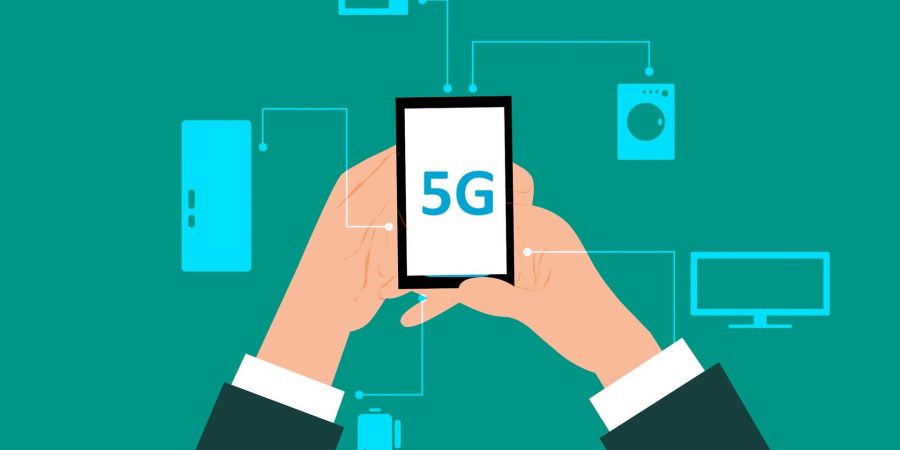

What is 5G?
5G stands for 5th Generation Wireless Technology. The first commercially available commercial 5G service will be available in 12 markets, including Houston, Indianapolis, Los Angeles, Oklahoma City, and Sacramento. Additional launches are planned throughout 2019. How fast will 5G be? 5G network technology is currently being rolled out in both fixed and mobile markets.
A single 5G service offers speeds that are 100 times faster than what we're used to. For example, it would take you about two minutes to download a two-hour HD movie, compared to about 10 minutes using a 4G LTE connection. Compared to 4G, 5G will provide download speeds up to 1,000 times faster in dense urban areas.
What does it mean for you?
Imagine being able to download a high-definition movie in seconds. Or having home broadband with faster speeds than cable. Or streaming ultra-high-definition video, like 4K TV, movies, and games from your smartphone to a TV at home without buffering or lag times. You'll be able to do all this and more without having to worry about data caps, overage charges, connection dead spots or signal interference.
A partnership with Bluegrass Wireless enables Verizon to provide 5G home internet access to some of the regions in Kentucky that lack access to broadband services. In addition to the seven new counties, Verizon has already announced plans to bring 5G service to the 26 other states it serves. Be part of the disruption.
What will it mean for society?
Virtual Reality (VR), Augmented Reality (AR) and Mixed Reality (MR) are just some of the things we can expect when 5G technology is available to consumers. Virtual reality will deliver what's expected to be a global entertainment experience for the first time ever. It will enable consumers to experience true immersion in the digital world.
VR can immerse players, coaches, and players on the field with more information on the play in real-time, giving them and audiences an inside look at the athlete's perspective. It can also be used to virtual tour a facility, training, or disaster area. And, if it becomes available, it will provide the communication link that will bring fans closer to the action, enabling a more visceral spectator experience.
How is Verizon preparing for 5G?
Verizon has been working on 5G for some time and has made some key partnerships to deploy it commercially in the first half of 2019. This will include using airwave technologies to construct an ultra-high frequency 5G network that will offer faster speeds and lower latency than traditional cellular networks. The airwave technologies include New Radio (NR), millimeter-wave, and distribution channels.
Millimeter-wave will offer the fastest speeds, with the lowest latency, and with the best economics to bring 5G to the market. Verizon is already doing testing in the millimeter-wave spectrum, which offers very high speeds, but low latency as well. While you don’t hear a lot about distribution channels, you will soon.
What still needs to be done?
Like any wireless network, interoperability is a key challenge. Verizon, however, is not waiting for others to roll out 5G. The company has launched 5G home broadband service in nine U.S. markets. It's offering commercial 5G speeds and coverage to its customers in these nine cities. Why the major push to launch the service so early? Verizon's network and business model are under pressure as legacy businesses have faced new competition from a variety of wireless players.
Getting out ahead of the curve was the only way to ensure its business would not be impacted by new entrants. What's the verdict? This is a major advance for Verizon and its competitors in the industry. Expect the 5G race to accelerate as other carriers follow Verizon's lead.
Conclusion
Verizon has announced that it will launch in three to five cities this year, and after that, it will expand its networks to nearly 40 markets by mid-2019. What does this mean for an international potential patient? Nothing much right now. Until 5G is deployed in a majority of the United States, it will only benefit, in very small areas, those who can get the service where it's available. The cost and success of this new technology will have to wait until 5G is available in more places and more people are able to access it. "> There's a lot going on in the wireless space. What's more, this is an industry that's still in the process of being upended.














